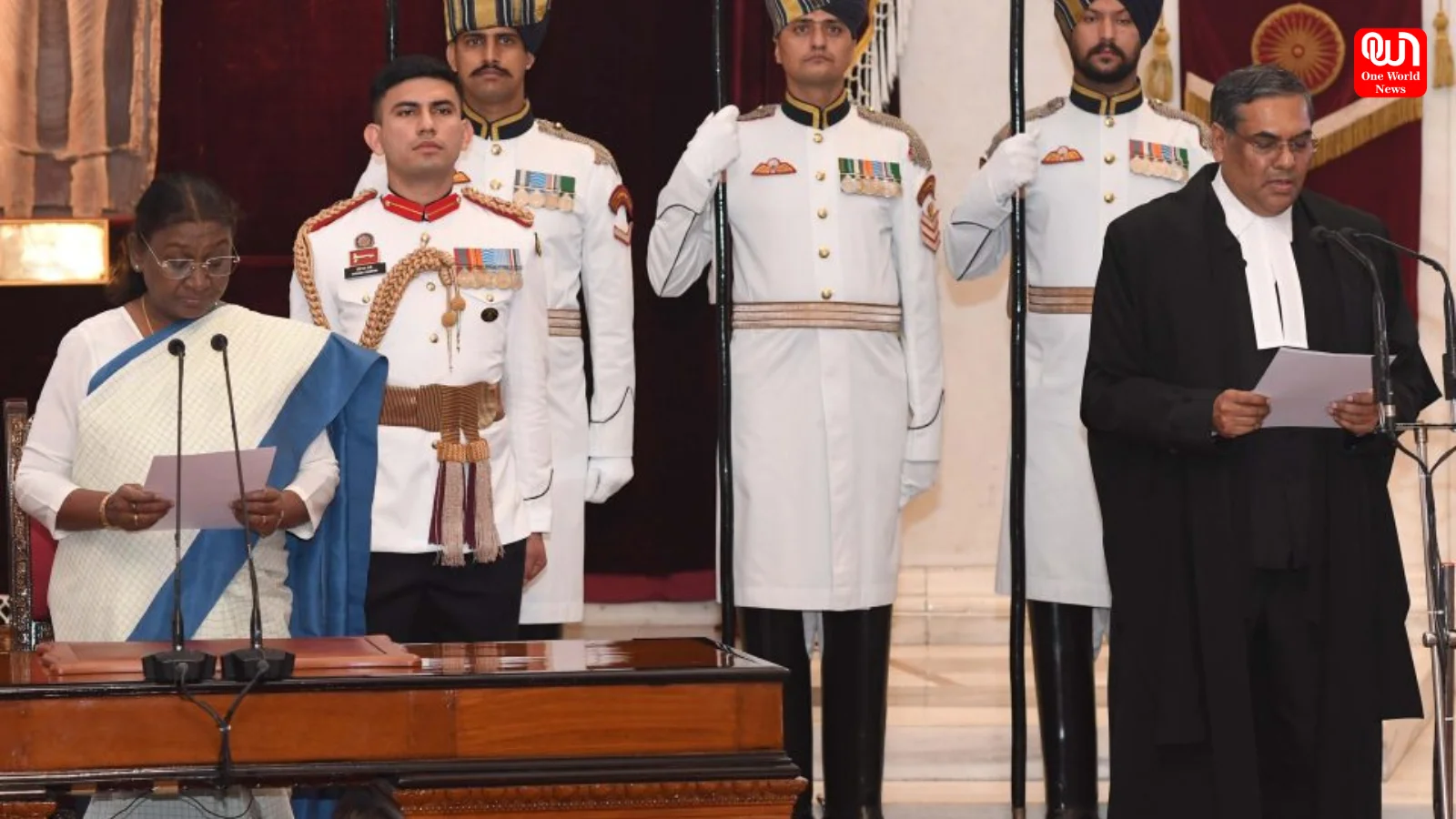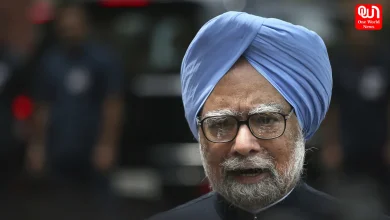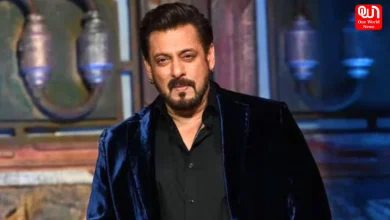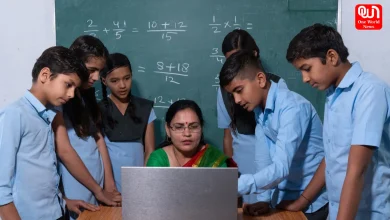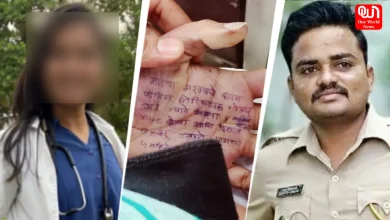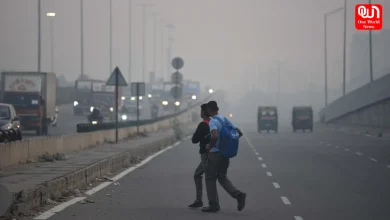Justice Sanjiv Khanna Sworn in as 51st Chief Justice of India, Marking a New Chapter in the Supreme Court
Justice Sanjiv Khanna took oath as the 51st Chief Justice of India, succeeding Justice DY Chandrachud. His tenure will last until May 2025, facing key judicial challenges.
Justice Sanjiv Khanna Sworn in as the 51st Chief Justice of India, Succeeding DY Chandrachud: Challenges and Judicial Legacy Ahead

Justice Sanjiv Khanna was administered the oath of office as the 51st Chief Justice of India on November 11, 2024, as a replacement for Justice D.Y. Chandrachud. President Draupadi Murmu administered the oath in Rashtrapati Bhavan, where top personalities, including Vice President Jagdeep Dhankhar, Prime Minister Narendra Modi, and several Ministers, as well as former Chief Justices of India, were in attendance. The event also featured sitting as well as retired judges of the Supreme Court as well as other High Courts throughout the country.
Read more: Punjab Government to Recruit 400 Doctors to Address Staff Shortage in Healthcare System
After the swearing-in ceremony, Chief Justice Khanna addressed the dignitaries present briefly before he made his way to the Supreme Court to conduct cases in Courtroom One, which was assigned to the Chief Justice. He, along with Justice Sanjay Kumar, started hearing a list of 47 cases the very day he took office.
Justice Sanjiv Khanna is set to take over at a propitious moment in the Indian judiciary as the country navigates through various legal minefields. His tenure, although brief—May 13, 2025 happens to be the last working day—has much promise and lays expectations given his legal acumen and judicial ethos. Justice Khanna replaces Justice D.Y. Chandrachud whose retirement date was November 10, 2024. Justice Chandrachud’s legacy in terms of landmark judgments delivered during his tenure is considerable.
A Judicial Journey Rooted in Integrity and Constitutionalism
Much of this journey towards the highest judicial office was rooted in the legacy of family. Justice Khanna’s uncle, Justice H.R. Khanna, is remembered for his principled stand during Emergency in 1977, where he upheld personal liberties and lost the office of Chief Justice of India on the eve of the confidence vote against Mrs. Indira Gandhi. An absolute love for the writ of liberty shows in the judgments of Justice Sanjiv Khanna, who once held that interim bail was to be granted to ex-Delhi Chief Minister Arvind Kejriwal – languishing behind bars for more than 90 days in a money-laundering case.
Justice Khanna had sat on over 450 Benches in the Supreme Court during his several decades-long career. His judgments have also concerned constitutional, commercial, and criminal matters with nearly everything in between. The significant judgement relating to his continued preference of use of Electronic Voting Machines over paper ballots is one such example. In this judgment, Justice Khanna stressed a balanced approach towards trust in institutions and cautioned that skepticism might be a generator of roadblocks to societal advancement.
Read more: Secunderabad-Shalimar Express Derails Near Nalpur Station in West Bengal; No Injuries Reported
Recently, during the hearing of a batch of petitions which were challenging the addition of ‘secularism’ and ‘socialism’ to the Preamble of the Indian Constitution, Justice Khanna indicated that the concept of secularism is not only an integral component of India’s Constitution, but also one of the constituent elements of the Basic Structure of its Constitution. His remarks have strengthened the view that the concept of secularism is not an extra layering but the very fabric of India’s system of governance.
Challenges before the 51st Chief Justice of India
Chief Justice Khanna faces numerous pressing challenges in the short six months that he has been in office. One big challenge is in the mounting backlog in cases of the Supreme Court. He will need to concentrate on streamlining processes, especially after reliance on technology for day-to-day court functioning is on the rise.
One of the most important functions would be timing the appointments correctly. The Khanna Collegium has to fill the numerous vacancies in the Supreme Court, from which Justices Hima Kohli and D.Y. Chandrachud have already retired. Also, Justices Hrishikesh Roy and C.T. Ravikumar will retire in the first quarter of 2025.
Chief Justice Khanna can be expected to head or direct Benches on matters of significant constitutional issues. Such issues include long-pending matters like the case relating to Sabarimala Temple entry and debate around whether certain core religious practices should fall within constitutional protection. He may have to deal with sensitive issues such as whether non-consensual marital sexual intercourse is a crime, a matter that was left unconcluded earlier for reasons of time.
A Brilliant Legal Career
Justice Khanna completed law from Delhi University in 1983. After a stints in Delhi district courts, he became a part of the elite bench of Delhi High Court. Having long experience in practicing, he dealt with cases in all streams of law, that is to say, constitutional, tax cases, arbitration, commercial disputes, etc. He acted as standing counsel, senior standing counsel for Income Tax Department and was Additional Public Prosecutor in Delhi.
In 2005, Justice Khanna became an Additional Judge of the Delhi High Court, while in 2006, he became a Permanent Judge. His direct elevation to the Supreme Court in 2019 without ever having served as Chief Justice of any High Court made him one of the rarest and most remarkable feats. He has been appointed even though 32 High Court judges were superseded for the post. He stands out with exceptional legal credentials.
With the post of Chief Justice, a challenge for Khanna would be to ensure that the apex court runs smoothly and, beyond this, to make sure the sanctity of India’s judiciary is maintained at a time when, with increasing scrutiny, it can be challenged easily. A brief tenure perhaps but one in which the Indian legal system will remain indelibly marked.
We’re now on WhatsApp. Click to join.
Like this post?
Register at One World News to never miss out on videos, celeb interviews, and best reads.

